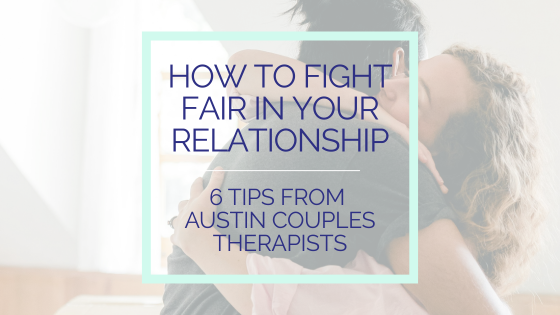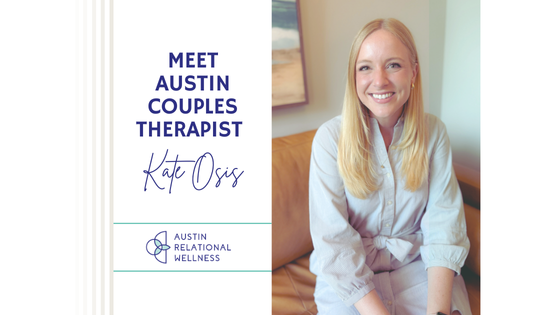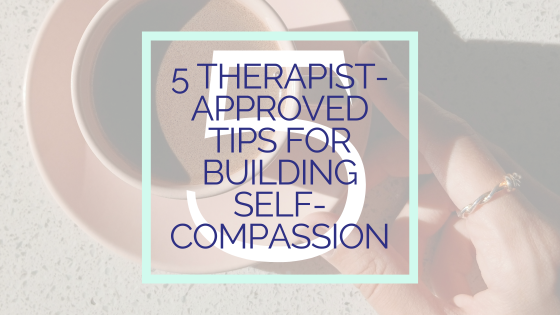Every couple argues sometimes. Conflict is a normal and healthy part of any relationship. Still, fights can leave us feeling misunderstood and disconnected from the person we most want to feel close to. Learning to fight fair isn’t about avoiding disagreement - it's about learning to engage respectfully with the goal of seeking to understand and seeking resolution rather than “winning.”
Here are some key takeaways to consider when fighting fairly in your relationship:
Take a Pause
One of the most important aspects of fighting fairly is taking a pause. Not only does pausing help with emotional regulation but it also helps you connect to what you want to communicate.
When you pause, ask yourself: “Why am I really upset?”
Often, what sparks our anger, like dirty dishes or forgotten errands, hides a deeper need. Maybe you’re feeling unseen, unsupported, or overwhelmed. Naming your emotions before speaking helps you approach the conversation with clarity instead of blame.
Stick to One Issue at a Time
Conversations that wander from “You didn’t text me back” to “You never listen to me” quickly spiral into confusion and defensiveness. Focusing on a single topic keeps things manageable and productive.
Language Matters
Name-calling, sarcasm, or put-downs might feel momentarily satisfying but cause lasting harm. These behaviors are examples of contempt—one of Gottman's Four Horsemen that can predict relationship distress. The goal is to discuss the issue, not attack the person.
Try using I-statements to express feelings responsibly: “I feel hurt when you interrupt me,” instead of “You never let me talk.” This small shift communicates emotion without blame.
Practice Listening
Another cornerstone of fair fighting is active listening. It sounds simple, but it’s one of the hardest aspects of communication, especially when we are upset. When your partner speaks, resist the urge to correct or rehearse your rebuttal.
Listen to understand, not to win.
If interruptions are common, try taking turns speaking for a set amount of time.
It’s Okay to Take a Time Out
If emotions rise too high, take a time-out rather than stonewalling or shutting down. Say, “I need a break, but I want to finish this later,” and agree on a time to revisit the conversation. Cooling off allows you to respond rather than react.
Aim for Understanding
Not every issue will have a perfect resolution, but empathy and willingness to meet in the middle go a long way. Even when you can’t agree, showing your partner that you care about their perspective strengthens trust and safety.
When Fighting Becomes a Pattern: Couples Therapy Can Help
Conflict handled with care can become a bridge rather than a barrier. When couples fight fair - by pausing, listening, and speaking with respect, they create opportunities for growth and deeper connection.
If you and your partner want support in learning to fight fairly, reach out to one of our therapists at Austin Relational Wellness to begin your couples therapy journey.











































































